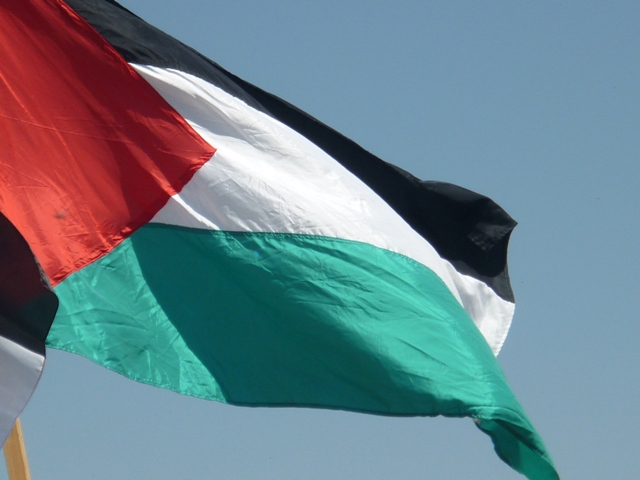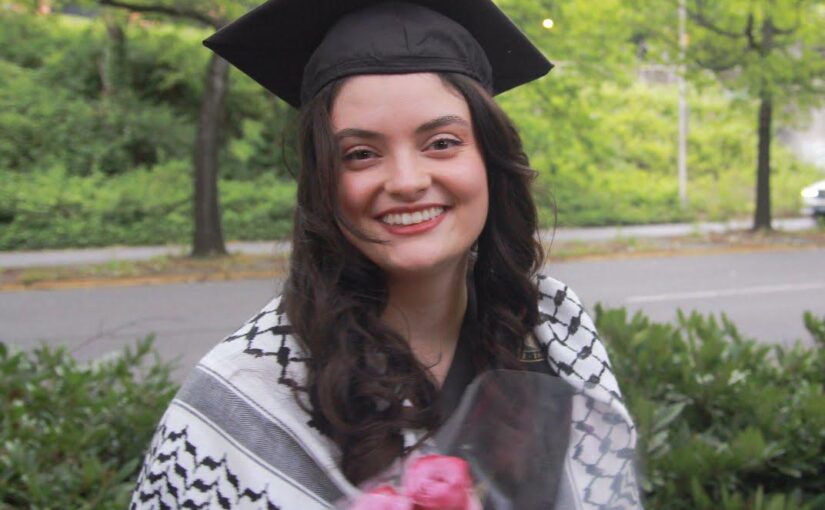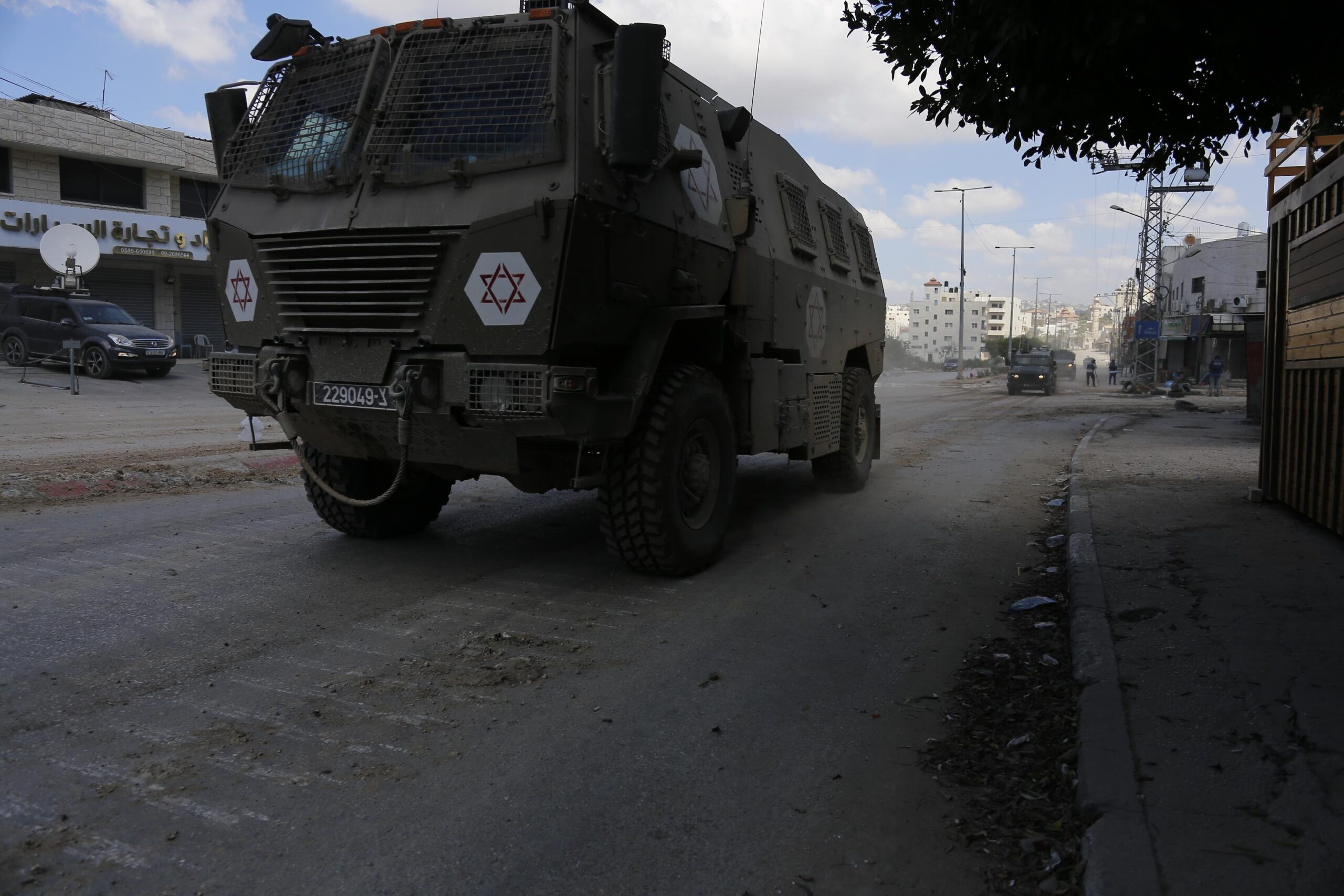Author: ISM Media
-
Statement issued by Beita municipality regarding the martyrdom of the foreign solidarity activist on Mount Sabih
The Beita Municipality condemns in the strongest terms the crime of execution committed by the occupation forces against the American solidarity activist of Turkish origin, Ayşenur Ezgi Eygi, by firing live bullets at her and hitting her directly in the head, where she fell on the land of our town of Beita, to be her…
-
Press Release: Israeli army kills American International Solidarity Movement volunteer during demonstration in Beita, Nablus
Media enquiries: ismtraining [at] riseup.net During the weekly demonstration in Beita, Palestine, on the morning of September 6th, 2024, the Israeli army intentionally shot and killed an International Solidarity Movement (ISM) human rights activist named Ayşenur Eygi. The demonstration, which primarily involved men and children praying, was met with force from the Israeli army stationed…
-
What is Happening in the Northern West Bank?
4 September 2024 | International Solidarity Movement | Northern West Bank By Diana Khwaelid The radical Israeli Minister of National Security, Itamar Ben-Gvir, has renewed his incitement to impose collective punishment on citizens in the occupied West Bank, including the killing of detainees in occupation prisons. In the early hours of August 28, 2024, Israel…



